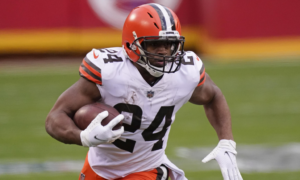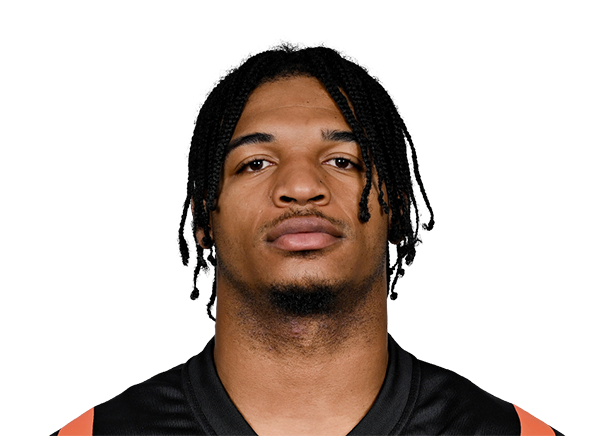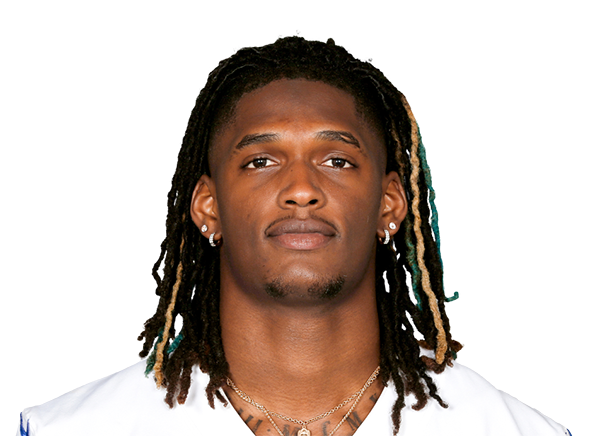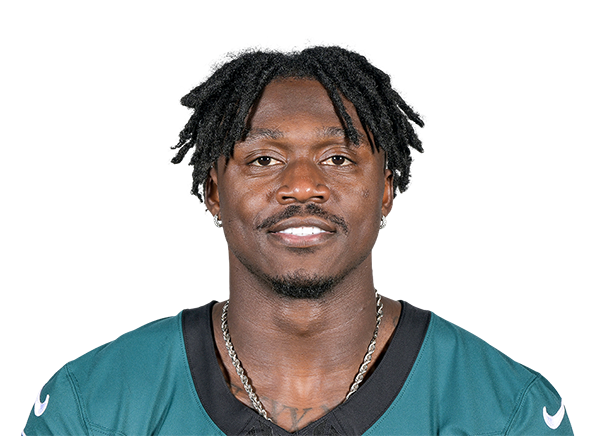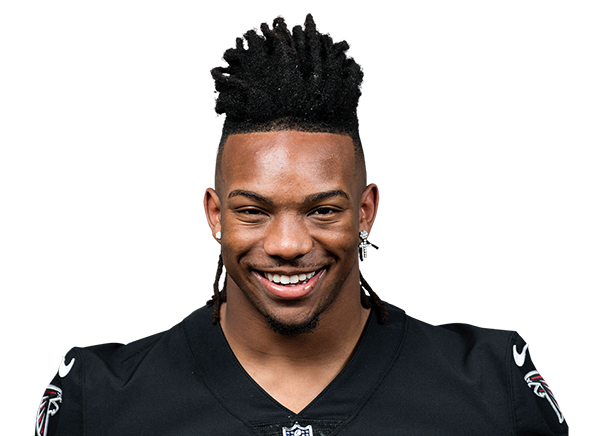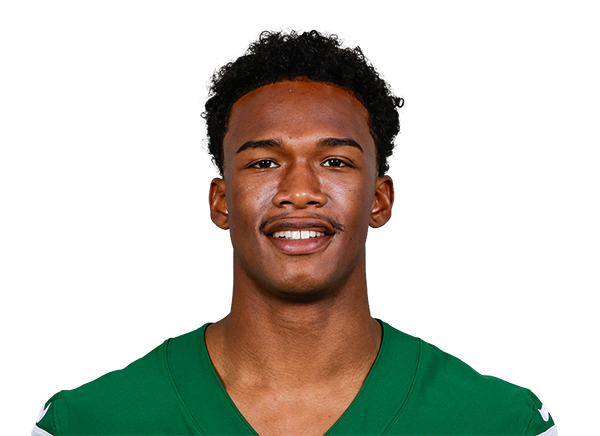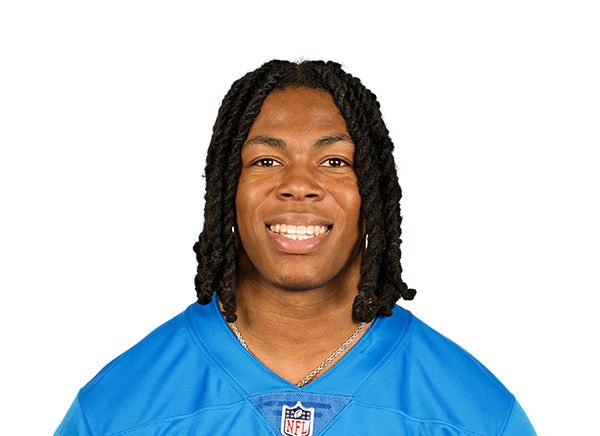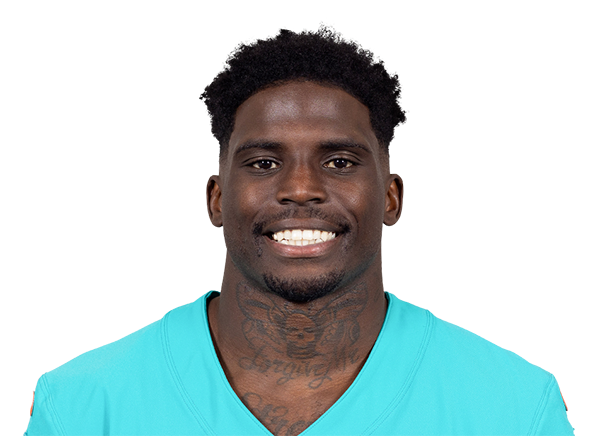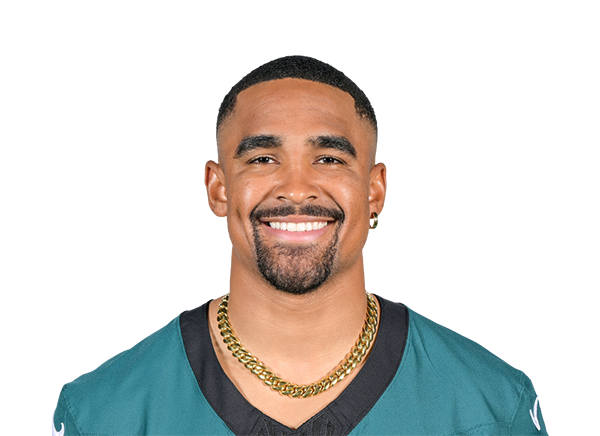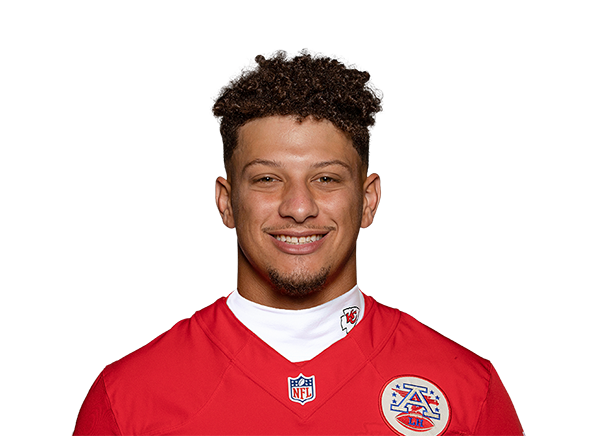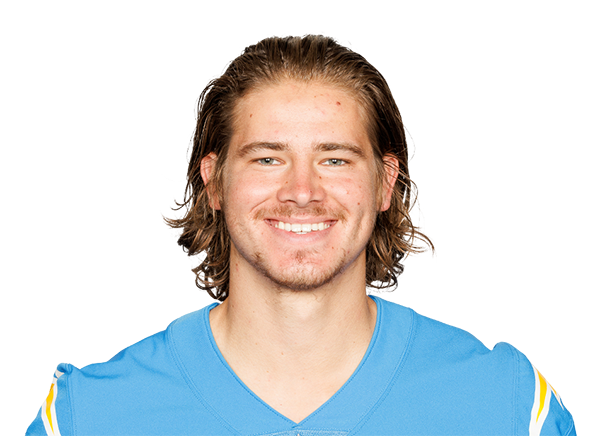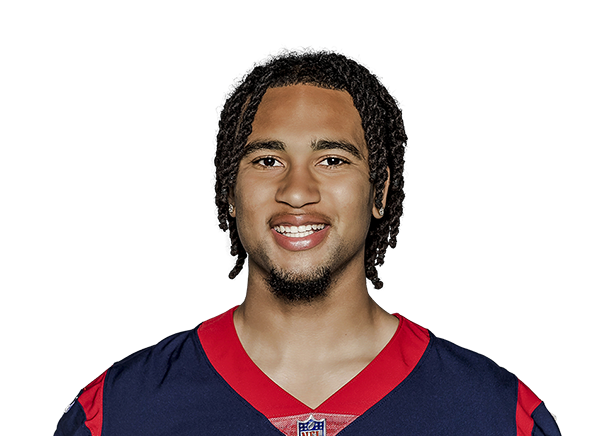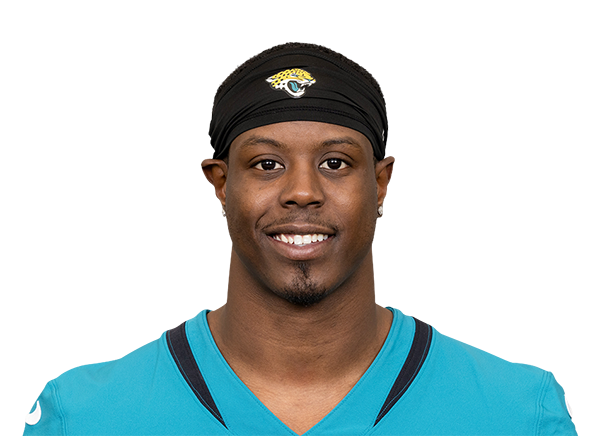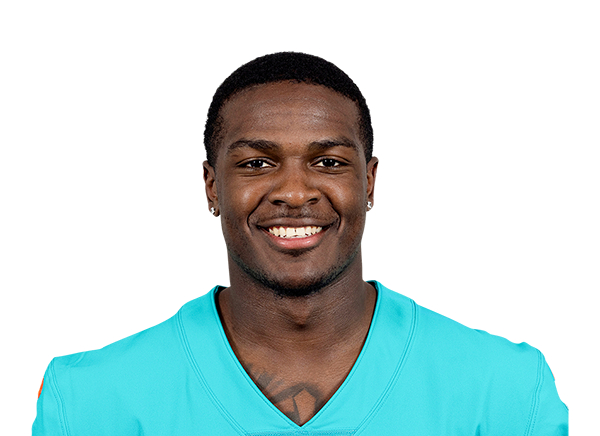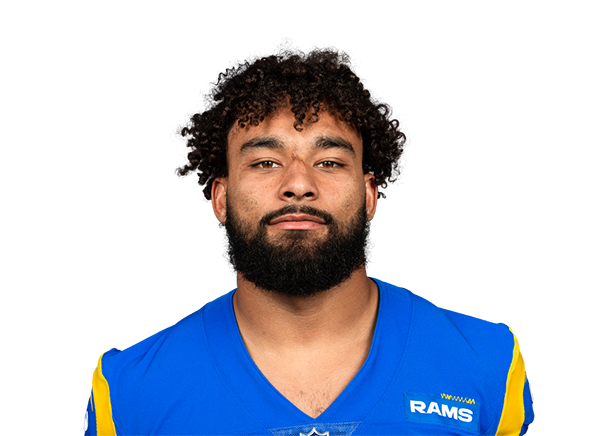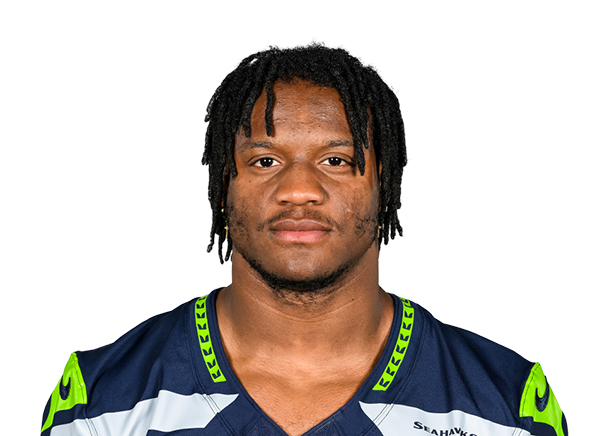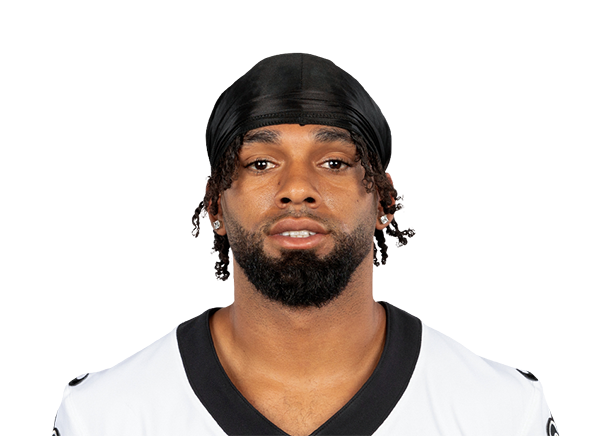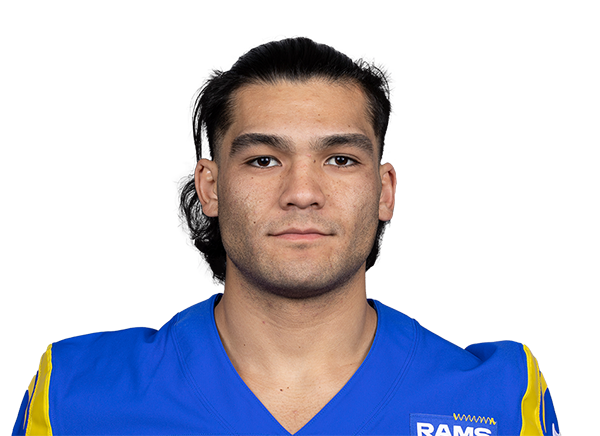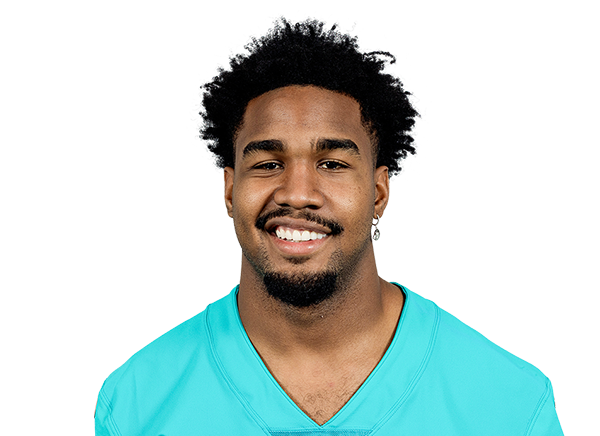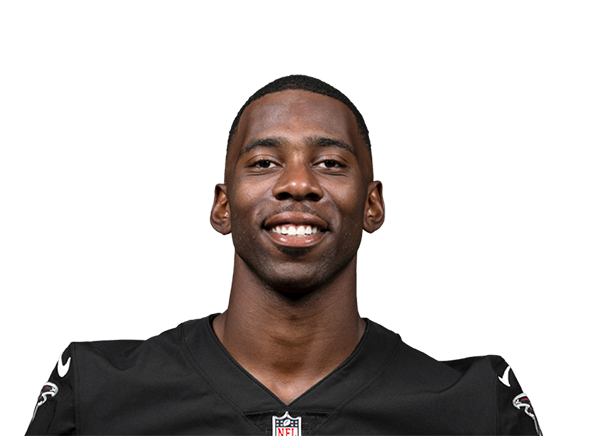Rookie Profile: David Njoku, TE Miami
Before this past college football season, David Njoku was not on the radar of many. While this tight end class was already being looked upon as an elite one, the names people were most talking about were O.J. Howard, Evan Engram, Jake Butt, Bucky Hodges and Jordan Leggett. As the year progressed though, Njoku emerged, was given an opportunity to show his talents and developed into one of the top tight end prospects in the country. The question is no longer whether or not Njoku is on par with his peers, but whether or not he has the most upside and the highest ceiling of any other tight end in the draft.
[am4show have=’g1;’ guest_error=’sub_message’ user_error=’sub_message’ ]
Film and Traits
When you watch Njoku on film, it is impossible not to immediately be enamored with his athleticism that is on display. Njoku has an ideal frame and size that NFL teams crave. At that size, it is very rare to see a player with his movement skills, burst and acceleration. One valuable trait that stands out on film is the ability for Njoku to be a playmaker in a variety of ways. He was used off the line in a move tight end role but also at times lined up on the line of scrimmage. He creates mismatches vs linebackers and safeties, that NFL teams are looking for in the modern NFL. He has the speed and movement skills linebackers cannot contain but the size and strength that safeties struggle with it. Another skill that stands out on film is his ability to make plays after the catch. If he catches the ball in stride without slowing down, he can make people miss and pick up significant extra yards. Two other traits that Njoku has are that he can create space at the catch point, which quarterbacks will love, and he can make plays in the air and make the acrobatic catch when needed.
While Njoku has many traits that make us excited, he is still a very raw player. Njoku did have some issues with drops that he needs to clean up at the next level. In addition, his route running still needs refinement. In college, his athleticism was so rare compared to his defenders, he did not need to be very sharp with his routes. One other concern about his game is his ability to block and overall play strength. While he is a willing blocker and has the size to be a really good blocker on the outside or down the field versus defensive backs, he needs to become better along the line. His ability to become a better blocker will be key for him if he wants to transition to a more complete tight end, that will be on the field in all situations and schemes at the next level.
Production

Statistics from sports-reference.com.
In 2015, Njoku was used sparingly but did catch 21 passes for 362 yards and one touchdown. This past season he became one of the focal points of the offense, with 43 receptions, 698 yards and eight touchdowns. The one stat that really stood out to me throughout his career at Miami was his yards per catch, showing his playmaking ability and ability to make plays down the seam or after the catch. For his career, he averaged 16.6 yards per catch. While his stats show that playmaking ability, I also think they show you a player that is still raw and needs more time to grow into the elite player some think he can be. Compared to some of the other tight ends like Engram or Hodges, Njoku has not been given nearly as many targets and opportunities to refine his skills.
Measurables
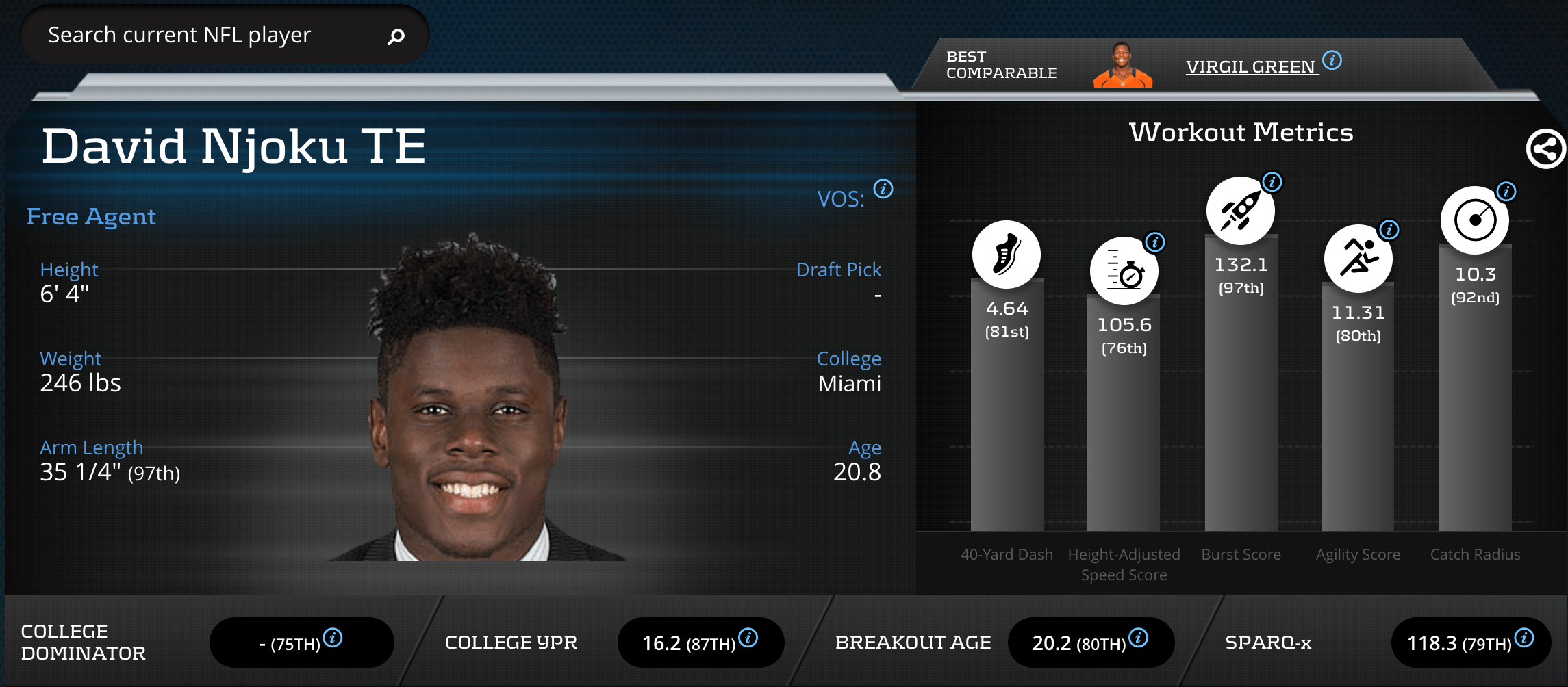
When looking at the image and web above, it is easy to see why so many people get excited talking about Njoku and ceiling. He has athleticism that is rare for a tight end, and even more rare for one his size. His broad and vertical jumps both in the 90th or above percentile are evident in his explosiveness on the field. His 40-yard dash and 3 cone drill scores show his speed, acceleration, and change of direction skills that are also seen when watching his game.
A player that I have compared him too, both on the field and in terms of his size and athleticism is Jared Cook. Cook was 6’5” and 246 pounds, Njoku is 6’4” and 246 pounds. Cook ran the 40 in 4.5 seconds, had a broad jump of 123 inches and a vertical jump of 41 inches. Njoku was a little slower and did not have as good a vertical jump but had a better broad jump. On the field, they also stylistically remind me of each other. While some may view Cook as a player that has underachieved, he is a player that was highly regarded coming into the league and people have continued to invest in because of that upside and ceiling, which was evident down the stretch last season playing for the Green Bay Packers.
Overall
Njoku is going to hear his name called on the first night of the draft. I think somewhere between pick 18 and the end of the first round is where he will be selected. In dynasty rookie drafts, I believe he should be taken at the back end of round one or the early part of round two depending on league size and scoring. While he will make an impact on the field at times in year one, owners in fantasy will have to have some patience, as rookie tight ends often take time to develop. Unlike Howard or Engram who may have a faster transition, Njoku will need some time to harness and fine tune his raw talents. In the long run though, his ceiling and upside should be worth the wait and I think Njoku could develop into one of the top six to eight tight ends in all of football in the future.
[/am4show]
- Rookie SWOT: Alvin Kamara - June 10, 2017
- Rookie Profile: David Njoku, TE Miami - April 15, 2017
- Dynasty Capsule: New York Giants - January 29, 2017









